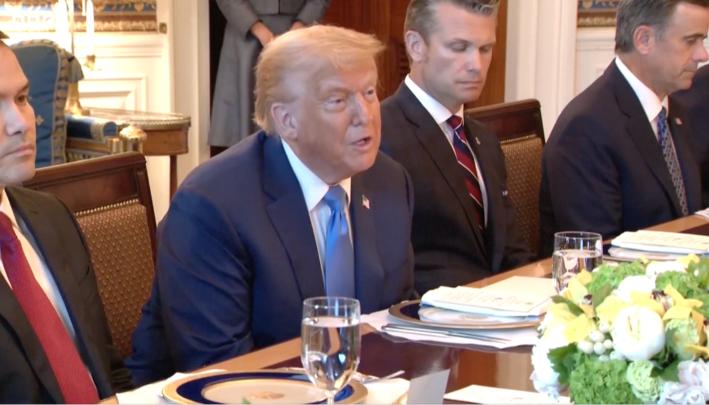Japan and Philippines join race to seal U.S. trade deals before deadline

As the August 1 deadline nears and the threat of higher tariffs looms, these fast-tracked deals reveal how far nations are willing to go to maintain access to the U.S. market.
Japan and the Philippines have joined a growing list of countries rushing to conclude trade agreements with the United States before the August 1 deadline set by President Donald Trump, pushing the total number of such deals to five.
These last-minute agreements are part of an international effort to avoid steeper tariffs, though most of the newly agreed rates remain notably higher than those that existed before 2024.
The U.S. has maintained a 10 percent base tariff on imports since April. However, the latest deals show most new rates falling between 15 and 20 percent, far below the harsh penalties Washington had initially proposed but still a significant increase compared to earlier trade terms.
Analysts at Barclays noted a consistent pattern of tariffs stabilizing within that range, a reflection of the global pressure to adapt to Trump’s intensified trade strategy.
As countries race to protect their export markets, they have offered major concessions to Washington.
Bastien Drut, an analyst at CPR Asset Management in Paris, said Japan’s compromise signals that even more difficult talks lie ahead, especially with larger trading blocs like the European Union.
Japan: Deep Commitments to Avoid 25 Percent Tariff
In what President Trump described as a “massive” agreement, Japan managed to avoid a potential 25 percent tariff by settling for a 15 percent duty on its exports.
The agreement also includes a commitment to cap auto tariffs at 15 percent, a notable win for Japan, where the automotive industry accounts for about eight percent of the national workforce.
However, this rate remains much higher than the single-digit levels that existed before Trump returned to office.
“This is far from a victory,” said Stefan Angrick, an economist at Moody’s Analytics, who pointed out that many had anticipated a lower figure. Importantly, the 50 percent tariffs on Japanese steel and aluminum remain in place.
Japan also agreed to invest $550 billion in the U.S. and open its market wider to American rice, cars, and agricultural products.
Philippines: 19 Percent Tariff Deal
The Philippines reached a deal that slightly eased the pressure on its exports, which are primarily electronics and garments. The country will now face a 19 percent tariff, down from the previously threatened 20 percent.
United Kingdom: Car tariffs cut but other sectors still hit
The U.K.’s trade deal with the U.S., signed in May, resulted in a reduction of car tariffs from 27.5 percent to 10 percent for up to 100,000 British vehicles annually—a substantial gain for manufacturers like Jaguar Land Rover. The British aerospace industry, including Rolls-Royce, also benefited from key tariff exemptions.
Despite these strategic wins, London has not secured relief for its steel and aluminum products, which continue to be hit with 25 percent tariffs. In return, Britain agreed to widen market access for U.S. ethanol and beef. Most other U.K. exports will now be charged the standard 10 percent tariff.
Vietnam: Tariffs lowered, loopholes closed
Vietnam, a key U.S. trade partner for textiles and footwear, signed a deal in early July that reduced its tariffs to 20 percent, a steep drop from the threatened 46 percent.
However, products that only pass through Vietnam in an attempt to avoid other trade rules will be subjected to a 40 percent tariff.
Vietnamese exports will still face duties, but U.S. goods entering Vietnam will not be taxed.
Indonesia: Trade concessions in exchange for 19 percent tariff
Indonesia secured an agreement last week that lowered its tariffs from 32 percent to 19 percent. The U.S. also signaled that some Indonesian exports not easily sourced locally could receive even more favorable treatment.
In a major boost for U.S. exporters, nearly all American goods will enter Indonesia duty-free. In return, Jakarta accepted U.S. standards for vehicles and pharmaceuticals, dropped plans to tax digital data transfers, and relaxed restrictions on key mineral exports.
Earlier this month, Indonesia committed to buying more U.S. agricultural and energy products as part of the wider trade package.
As the August 1 deadline nears and the threat of higher tariffs looms, these fast-tracked deals reveal how far nations are willing to go to maintain access to the U.S. market.
The terms of these agreements are likely to influence global trade negotiations for months to come.
